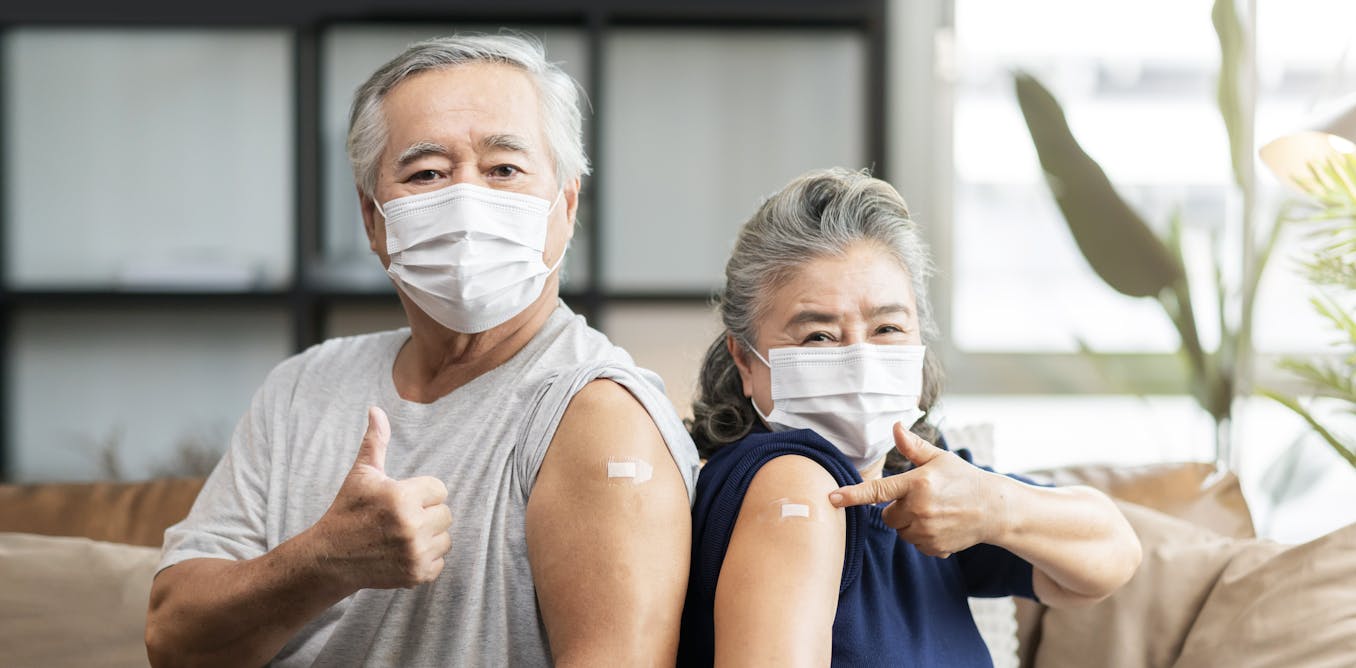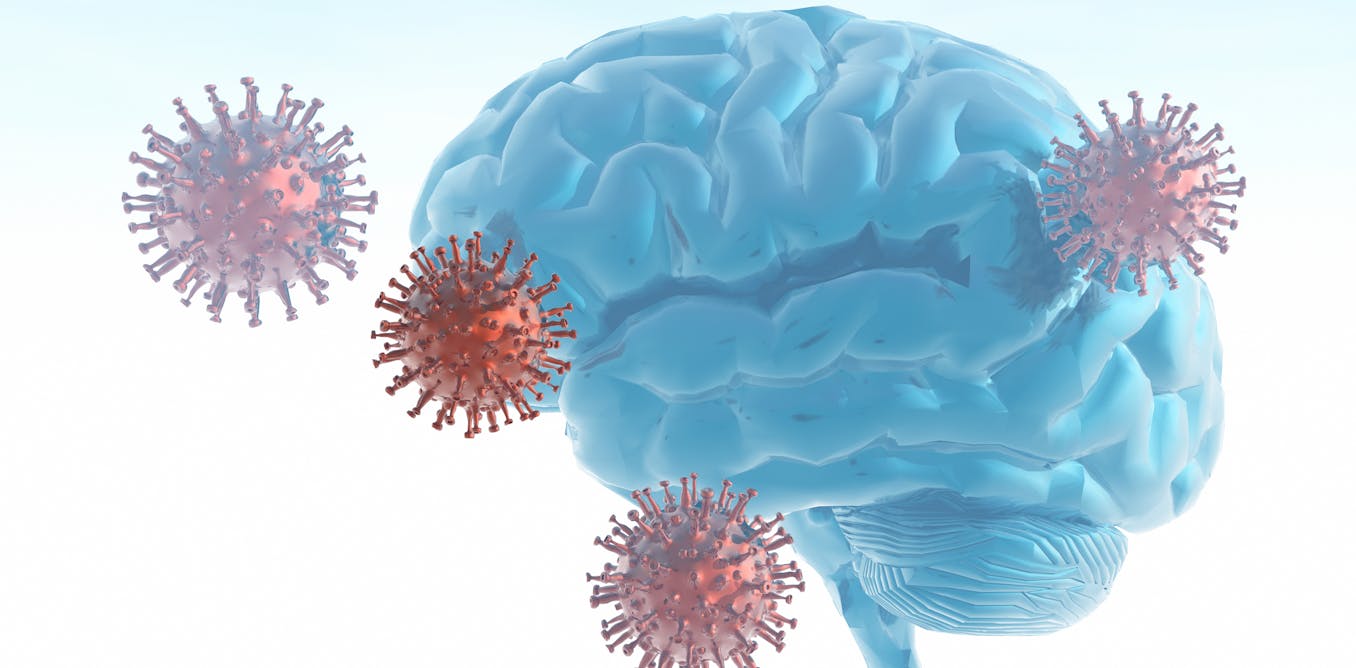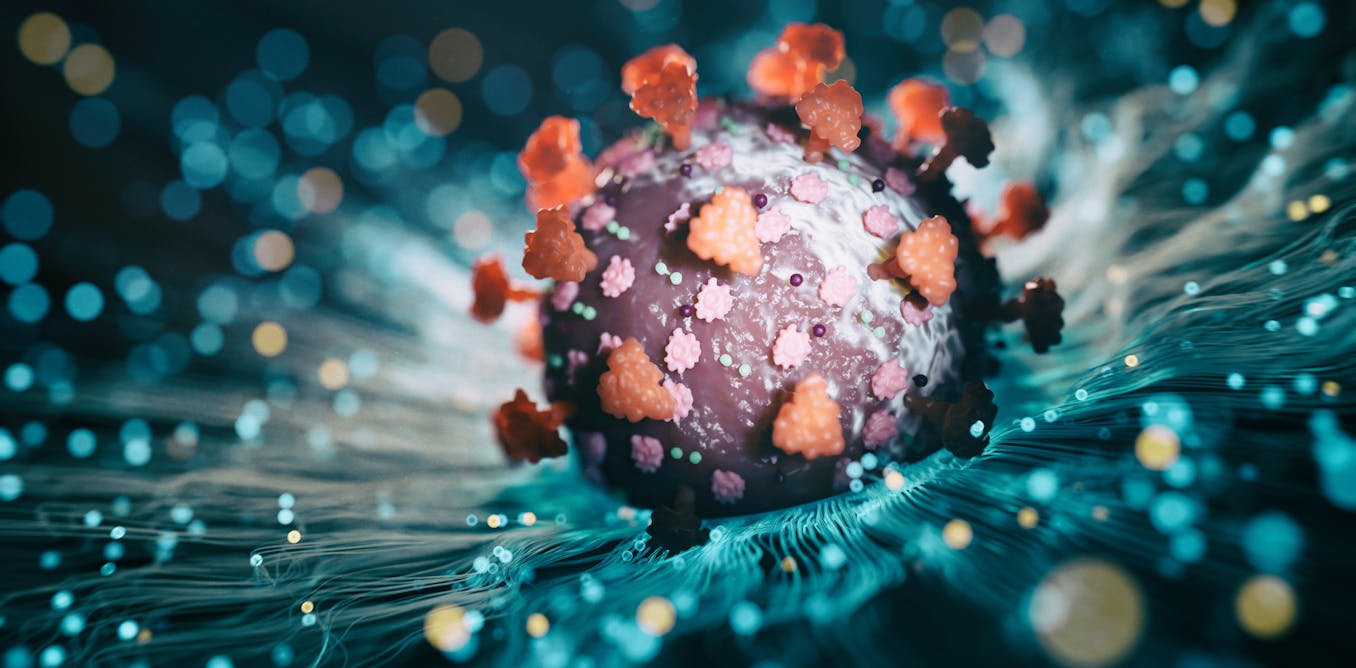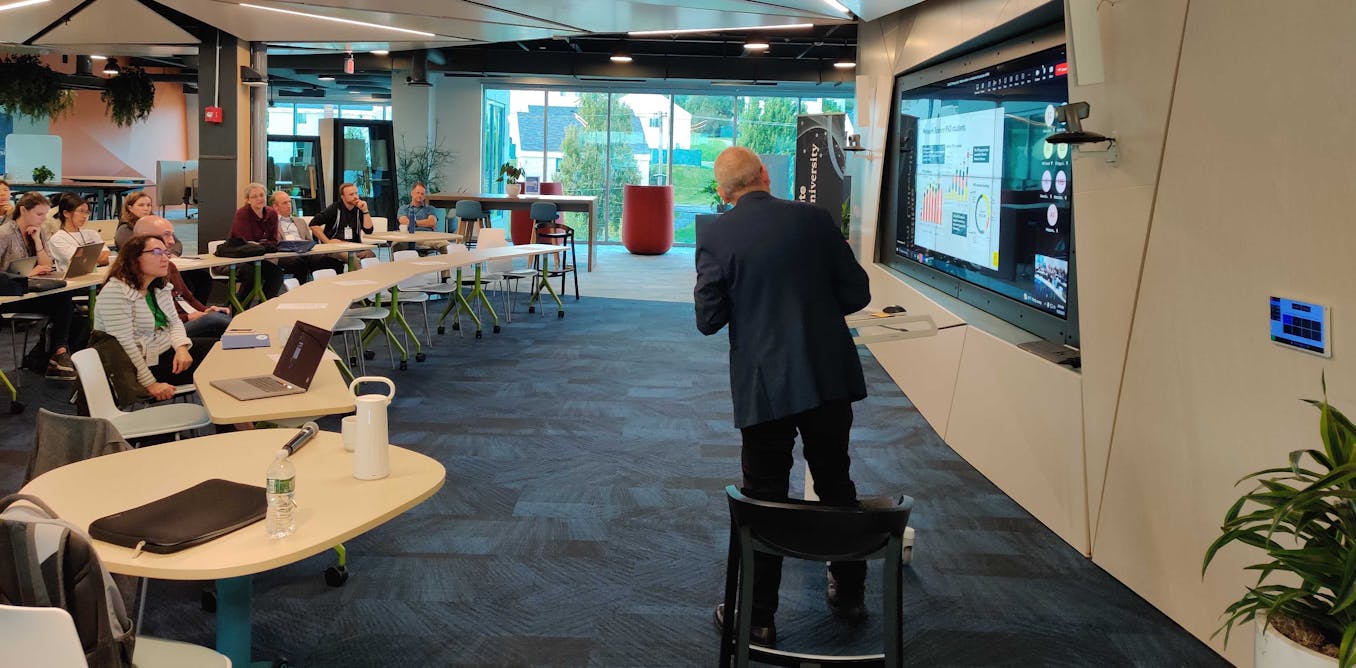COVID-19 vaccines: CDC says people ages 65 and up should get a shot this spring – a geriatrician explains why it’s vitally important
As you get older, you’re at higher risk of severe infection and your immunity declines faster after vaccination.
March 14, 2024 • ~6 min









